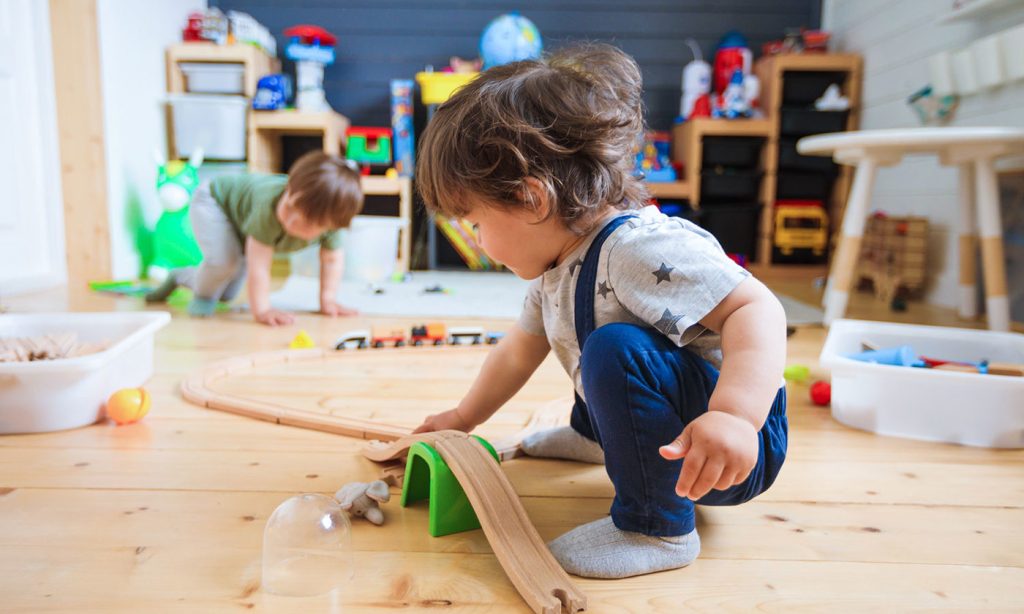C. Samosa Milne

When we think of play, we often associate it with fun, laughter, and entertainment. However, play is far more than just a way to pass the time—it is a crucial component of learning and development. From early childhood to adulthood, play fosters creativity, problem-solving skills, social connections, and emotional resilience. Whether in a structured or unstructured form, play serves as an essential foundation for lifelong learning.
Play as a Pathway to Cognitive Growth
Play has a profound impact on cognitive development, particularly in young children. Through imaginative play, children experiment with new ideas, practice language skills, and explore the world around them. Games that involve puzzles, building, and strategic thinking help enhance memory, concentration, and critical thinking abilities. Research has shown that children who engage in playful learning activities tend to develop stronger problem-solving skills and a greater capacity for innovation.
Social and Emotional Development Through Play
Beyond cognitive benefits, play is instrumental in building social and emotional skills. Through role-playing, children learn to empathize, negotiate, and cooperate with others. Team-based games and activities teach patience, teamwork, and conflict resolution. Moreover, play allows children to express their emotions in a safe and supportive environment, fostering emotional intelligence and resilience. Even in adulthood, playful interactions help strengthen relationships and enhance communication skills.
The Role of Play in Academic Success
Incorporating play into education enhances student engagement and motivation. Studies have found that students learn more effectively when lessons incorporate interactive and playful elements. Gamified learning, hands-on experiments, and creative storytelling make academic concepts more tangible and relatable. Schools that prioritize play-based learning often see improved academic performance, as students are more likely to retain information and develop a genuine love for learning.
Play as a Tool for Lifelong Learning
Play is not just for children—it remains vital throughout life. Adults benefit from play in numerous ways, whether through hobbies, sports, or creative activities. Engaging in playful activities promotes stress relief, boosts productivity, and encourages continuous personal growth. Play keeps the mind sharp, fostering curiosity and adaptability, which are essential skills in an ever-changing world.
Play is much more than a frivolous pastime; it is a powerful tool for learning and development. It nurtures cognitive, social, and emotional growth while fostering a lifelong love for discovery. By recognizing the value of play, both in education and daily life, we can create enriching environments that promote learning, creativity, and well-being at every stage of life. So, let’s embrace play—not just as a break from learning, but as an essential part of it.